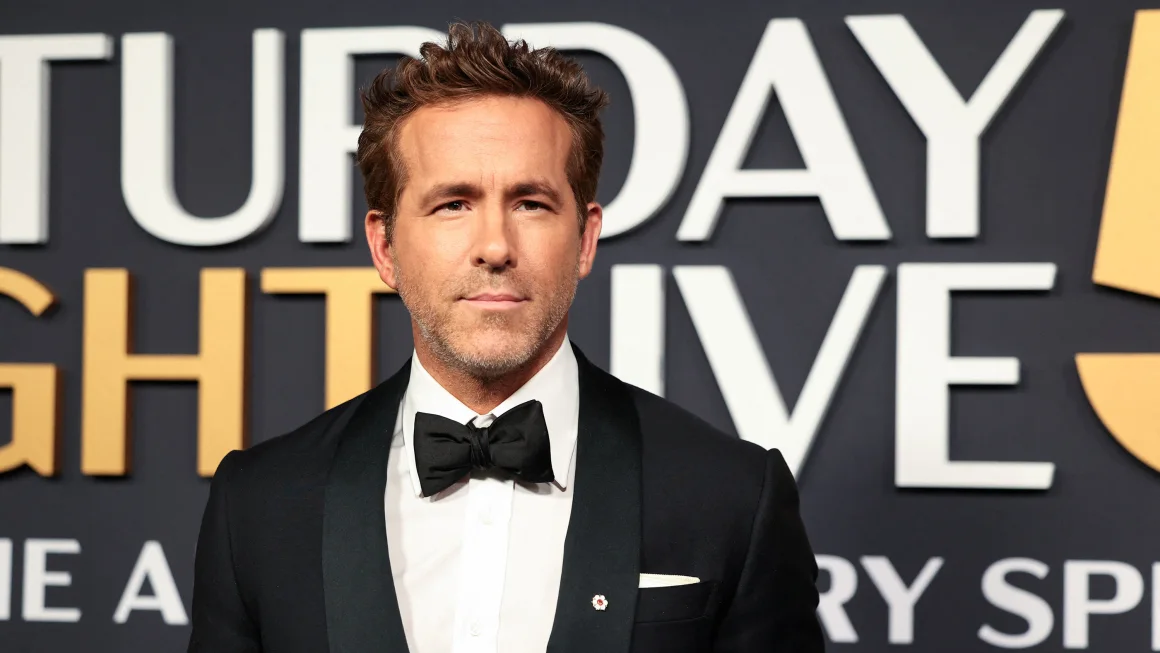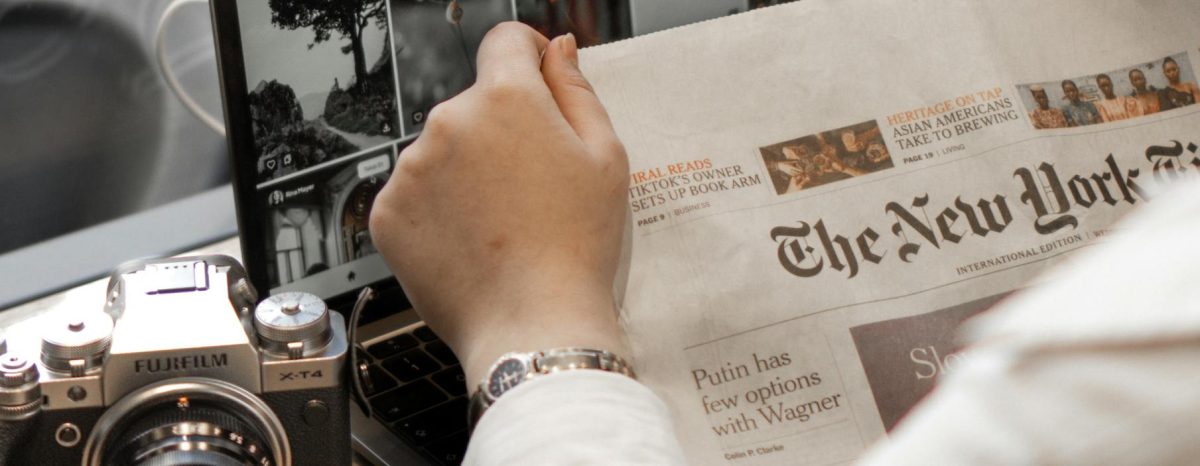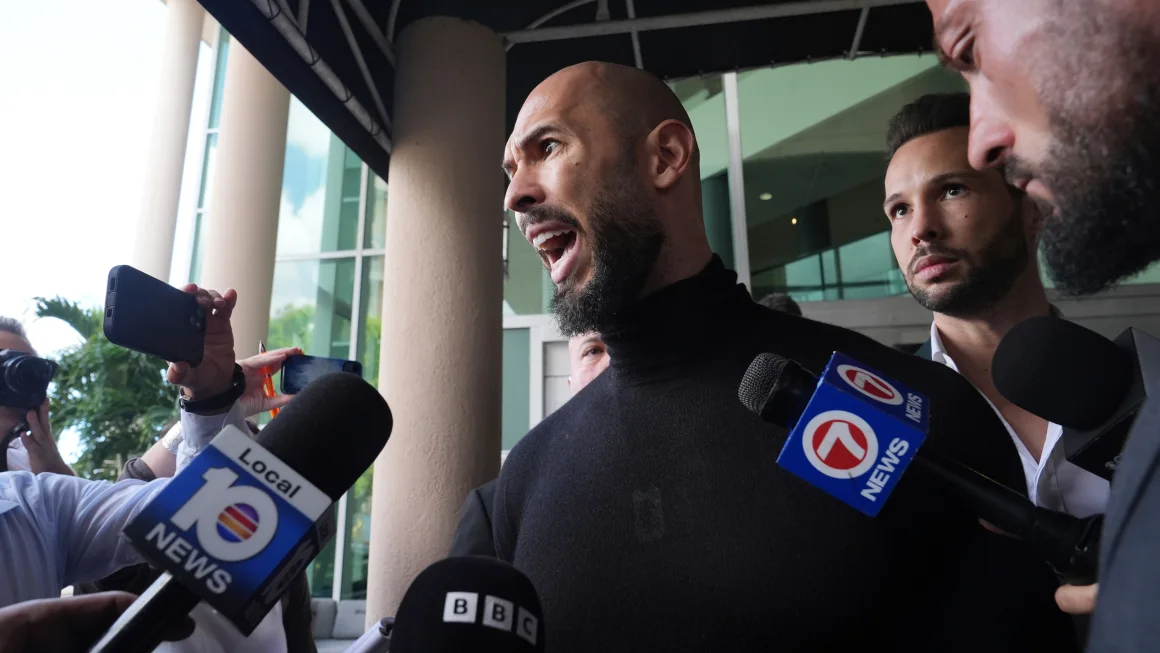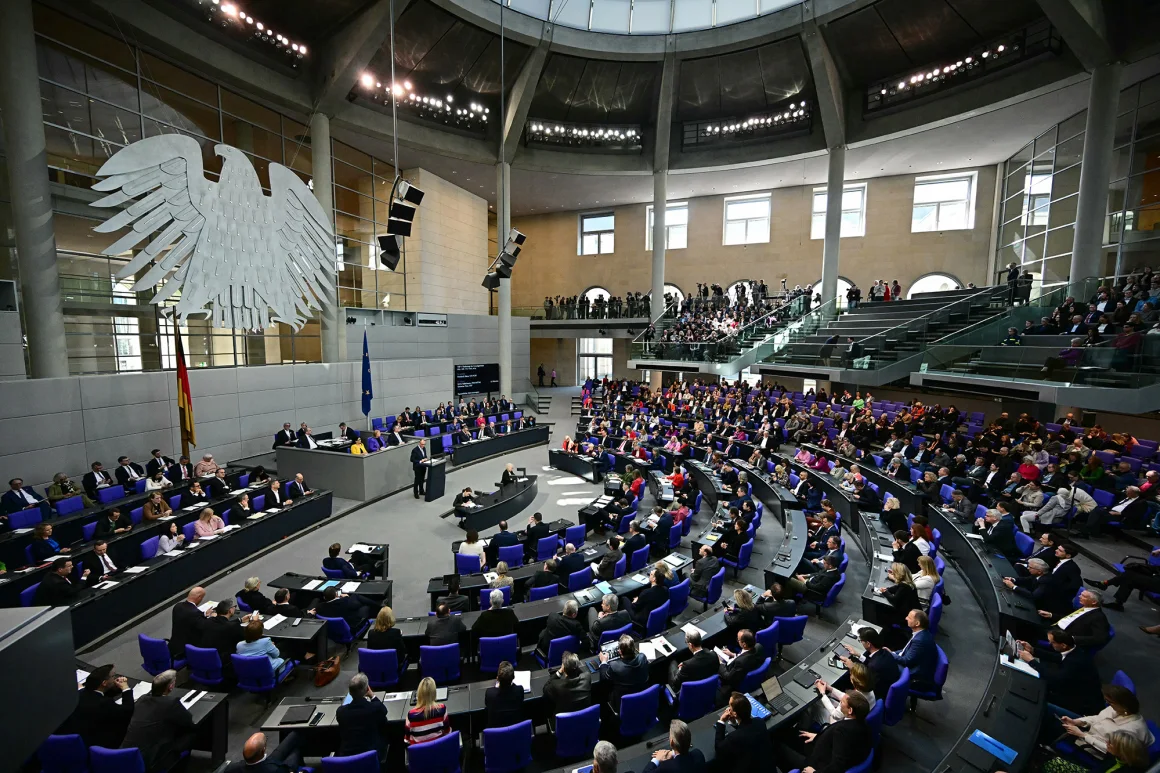In a surprising turn of events, actor Ryan Reynolds has formally requested to be removed from a lawsuit filed by Justin Baldoni that is tied to his wife, Blake Lively. The lawsuit, which has garnered substantial media attention, involves allegations that have affected the couple’s personal and professional lives, prompting Reynolds to take precautionary legal steps to distance himself from the proceedings.
The origins of the lawsuit are rooted in a dispute related to Lively’s business dealings, which, according to sources, have intertwined with aspects of Reynolds’s work and public persona. While details of the allegations have not been fully disclosed, they reportedly involve claims that could implicate Reynolds and his business ventures alongside Lively.
Reynolds’s decision to request dismissal from the lawsuit signals a strategic move aimed at protecting himself from any potential fallout. As one of Hollywood’s most beloved figures, he has consistently maintained a positive public image, and distancing himself from the legal complications surrounding the case could be pivotal in preserving that reputation.

The move underscores the complexities involved in celebrity relationships and the intricate web of professional collaborations that often intertwine personal lives. The high-profile nature of the lawsuit means that it will likely continue to attract attention, with both the media and fans closely watching developments.
As Reynolds navigates this legal minefield, fans have expressed support for him and Lively, appreciating their transparency and commitment to addressing personal challenges while managing their public personas. The outcome of the lawsuit will undoubtedly have implications not only for those directly involved but also for how celebrity couples handle legal issues in the public eye.
As this situation unfolds, it serves as a reminder of the challenges faced by public figures and the importance of establishing boundaries in the often-blurry intersection of personal relationships and professional obligations. Whether or not Reynolds’s request is granted, the ripple effects of this legal battle are sure to resonate throughout Hollywood.




